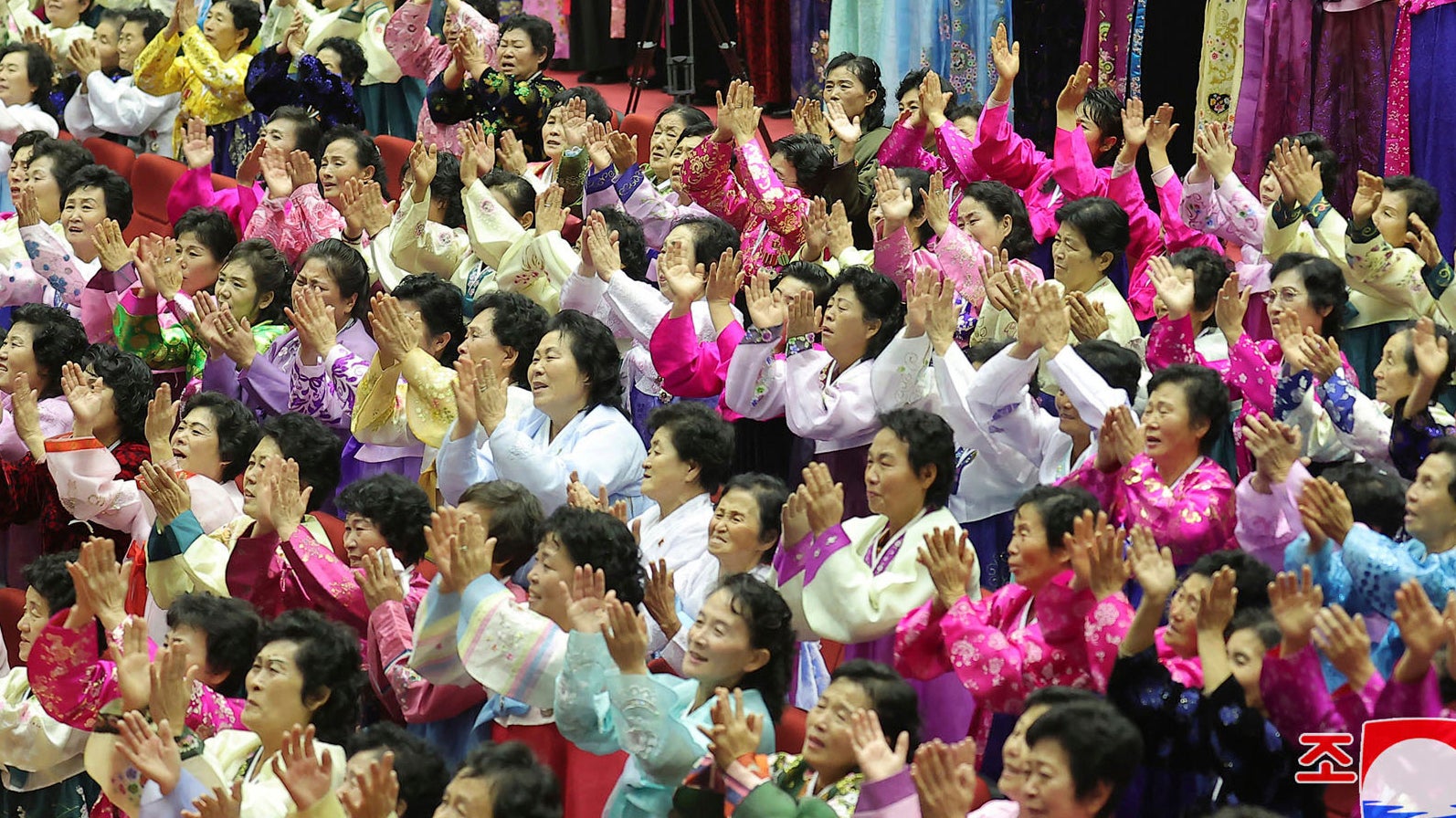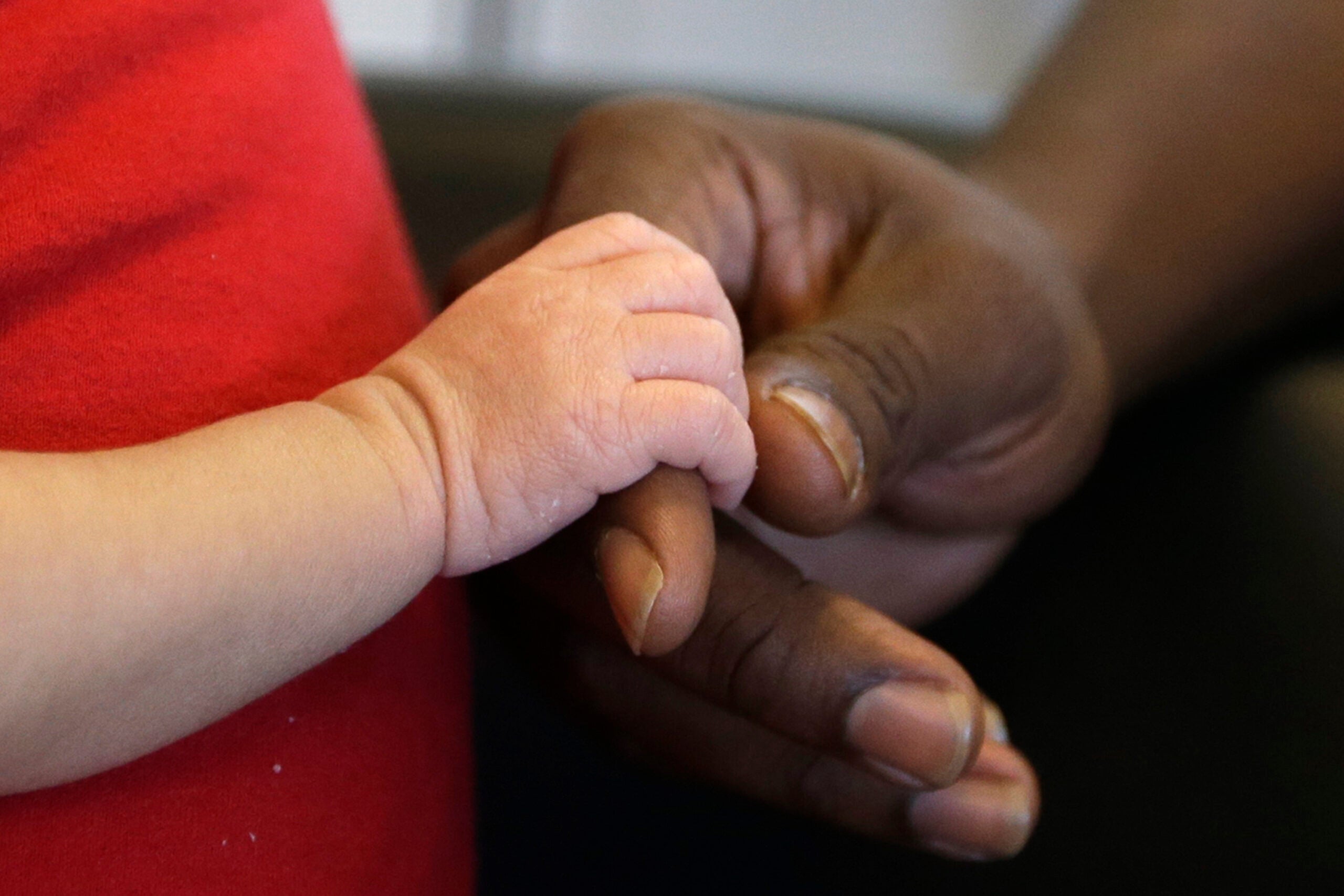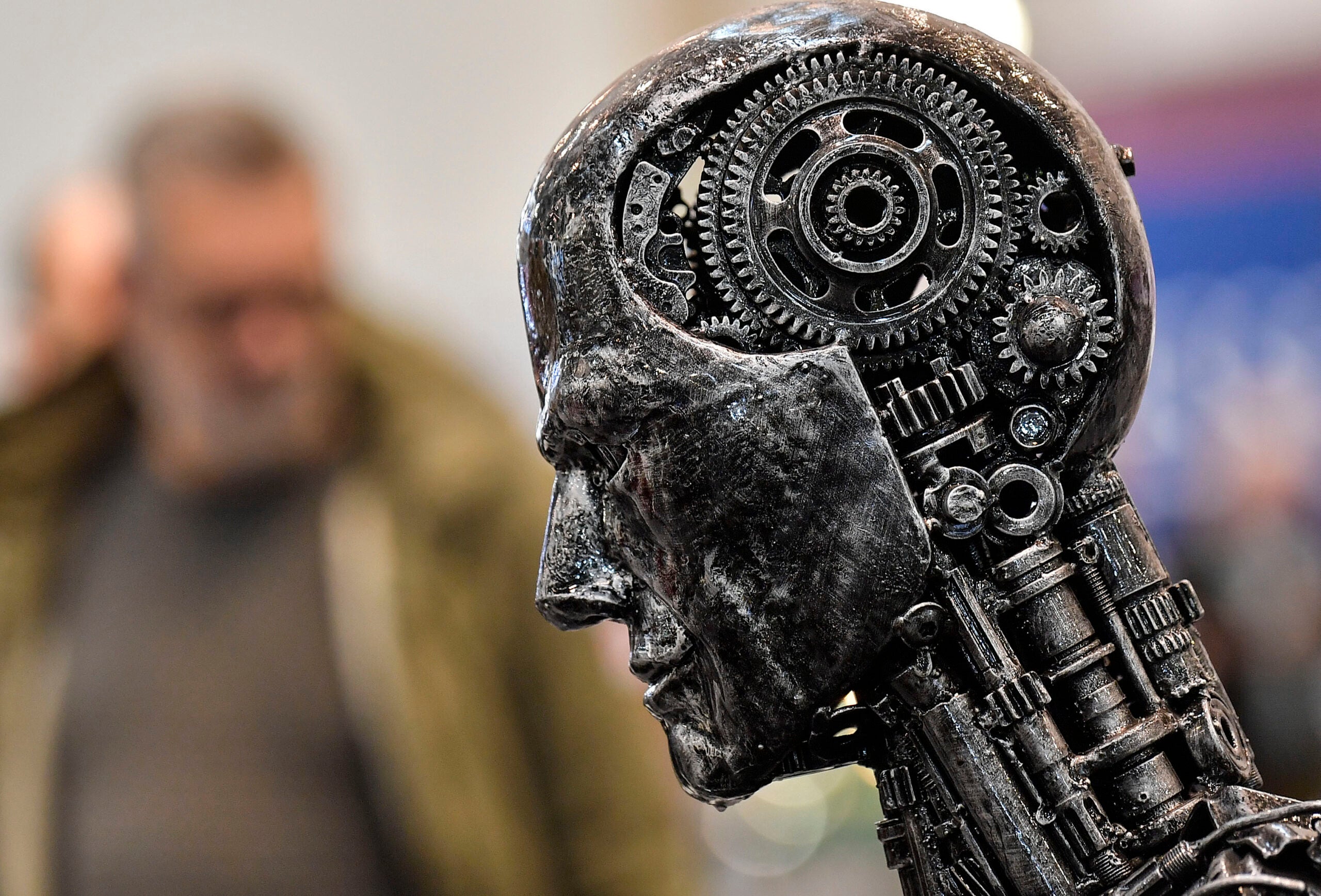Marriage rates have fallen over the past few decades, and some say it’s because of a shortage of marriageable men. A researcher explores this claim, and discusses other reasons for the decline. We also get the scoop on some of the biggest stories in the science world, and discuss the upcoming democratic showdown for Milwaukee County Executive .
Featured in this Show
-
Chris Larson To Challenge Chris Abele For Milwaukee County Executive
Democratic State Senator Chris Larson formally announced today a challenge to Milwaukee County Executive and fellow Democrat Chris Abele. A reporter discusses why Larson is jumping into the race and the issues facing both candidates.
-
Science News: Stone Tools, Megiddo Cities, Biodegradable Drones
Scientists recently found stone tools over 3 million years old that are challenging ideas of our evolutionary timeline. Regular science guest Gemma Tarlach explains what these tools tell us about our distant relatives. She also shares what archaeologists are finding under the ancient site of Megiddo in Israel and how biodegradable drones work.
-
Report Shows Shortage Of 'Marriageable' Men Among African-Americans, Highly-Educated Whites
Marriage rates among Americans have been dramatically declining for years, falling to record lows in 2015. A new Brookings Institution report finds that for some groups — especially African Americans and highly educated whites — the trend could be linked to a lack of “marriageable” men.
Isabel Sawhill, a senior fellow at Brookings and co-author of “Is There a Shortage of Marriageable Men?” said that many people falsely attribute the drop in marriage rates to divorce.
“That used to be true,” she said, “but the divorce rate has actually been declining since the 1980s. What we’re seeing is people just not marrying at all in the first place.”
Personal wealth, unemployment and a variety of cultural and social characteristics largely determine marriageability. A man’s marriageability drops, said Sawhill, when he is unemployed or a low-wage earner.
“So from the women’s perspective, they don’t look like great marriage material,” she said. “And even from the male perspective, the men involved may not feel like they’re capable of being breadwinners because of their economic problems.”
The report found that college-educated women face the greatest shortage of men. Sawhill said it’s the result of women’s rising education levels relative to men.
“Sixty percent of college grads are women, so there is a shortage of well-educated men for well-educated women to marry,” she said.
However, Sawhill said the gender differences among college graduation rates wouldn’t make much of a difference if women were willing to marry someone with a lower education level than theirs.
“But that has not been the convention. The convention has been for men to marry down and women marry up,” she said.
The report also “confirmed” that there is a shortage of marriageable African-American men.
“I think that’s related to the fact that so many African-American males are incarcerated, many of them die at a young age from violence, and then on top of that, they don’t have very good job prospects,” said Sawhill, adding that the unemployment rate is higher among black men compared to their white counterparts.
For other population groups, marriage rates continue to drop, but the data suggests that there is not marriageability gaps between partners.
Episode Credits
- Rob Ferrett Host
- Veronica Rueckert Host
- Chris Malina Producer
- Amanda Magnus Producer
- Rob Ferrett Producer
- Daniel Bice Guest
- Gemma Tarlach Guest
- Isabel Sawhill Guest
Wisconsin Public Radio, © Copyright 2024, Board of Regents of the University of Wisconsin System and Wisconsin Educational Communications Board.




